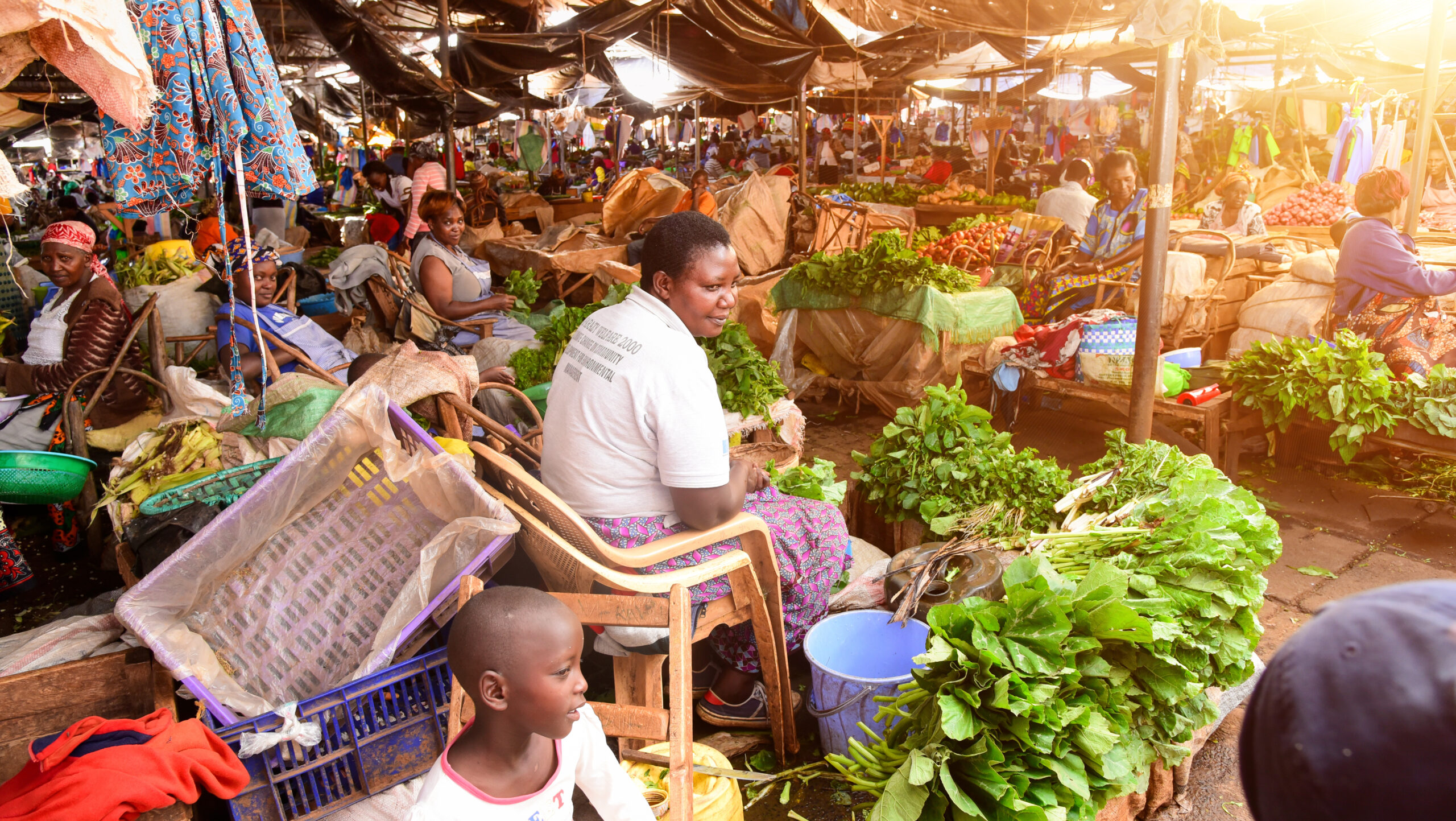Food insecurity poses a daunting challenge to the G20’s goals of global economic growth and development. The impacts of high and volatile food prices in 2007-2008 and 2010-2011 remain widely visible, as seen during the 2011 Horn of Africa food crisis. Since 2001, commodity price volatility has been at its highest level in 50 years. This volatility can serve to reduce investments in agriculture, discourage long-term planning, reduce agricultural productivity, and decrease global food stocks. Combined with climate change and rising fuel prices, the effects of food price volatility can equal widespread food insecurity and malnutrition and pose large stumbling blocks to global economic development. (For more information on price volatility, see the Excessive Food Price Variability Early Warning System.)
The 2012 G20 Summit, to be held in Los Cabos, Mexico on June 18-19, recognizes the need to address these issues and has prioritized improving food security, decreasing food price volatility, and increasing sustainable agricultural productivity. For G20 leaders to effectively address the issue of food security, several factors need to be considered:
- Effective policies and technology investments to minimize food–fuel competition.
- Social protection (social safety nets) for the most vulnerable populations.
- Transparent, fair, and open global trade.
- A global emergency physical grain reserve.
- Policies and investments to promote agricultural growth, particularly for smallholder farmers, in the face of climate change.
- Investments by national governments in climate change adaptation and mitigation.
- An international working group to regularly monitor the world food situation and engage in actions to prevent excessive price volatility.
Since the 2011 G20 Summit, the Food Security Portal has featured a The Road to the G20 timeline to track the research and outputs of the 2011 G20. This feature is now updated to follow progress made on recommendations from the 2011 Summit and to highlight the new research and topics that are informing the 2012 G20 Summit in Mexico. This redesigned feature encompasses IFPRI research, follow-up progress from 2011 G20 action items, and recommendations for further action by the 2012 G20.







